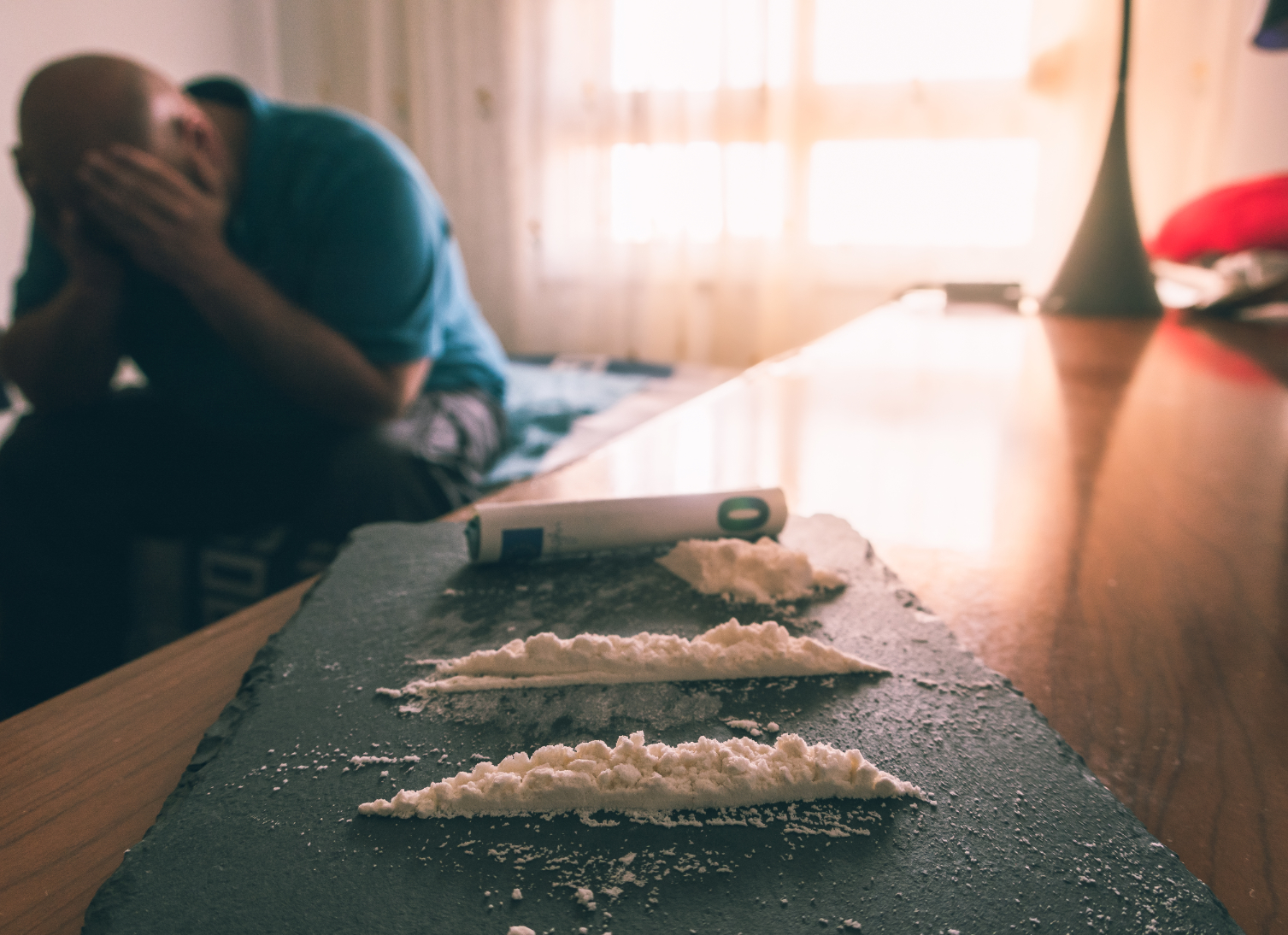Confidential, 24/7 Consultation
Call Now (754) 312-5205
Break Free From Cocaine: And Take Back Your Life
You don't have to face this alone, start your healing journey today...
Understanding Cocaine Addiction and Its Treatment
The Complexity of Cocaine Addiction
Cocaine addiction is a powerful and highly addictive condition that affects the brain's reward system, leading to cycles of intense highs followed by emotional and physical crashes. Prolonged use can result in severe health consequences, including heart problems, respiratory issues, and mental health challenges such as anxiety, depression, and paranoia.

Cocaine addiction often develops due to a combination of genetic predisposition, environmental influences, and the drug’s ability to create intense cravings. It can disrupt relationships, careers, and overall well-being, making effective treatment essential for recovery and long-term stability.
The Basic Elements of Cocaine Addiction Treatment
At Continued Sobriety, we provide comprehensive and personalized treatment programs for individuals struggling with cocaine addiction. Our evidence-based approach includes therapies such as Cognitive Behavioral Therapy (CBT), Dialectical Behavior Therapy (DBT), and trauma-focused interventions to address the root causes of addiction and develop healthier coping mechanisms. Individual counseling, group therapy, and family support sessions help clients rebuild trust and create a strong support network. While cocaine addiction may not require a medical detox, we emphasize creating a safe and supportive environment for clients to distance themselves from drug-related triggers. Our compassionate team is dedicated to guiding clients through their recovery journey and empowering them to build a life free from cocaine addiction.
Triggers for Cocaine Relapse
Cocaine relapse can be triggered by stress, social environments associated with drug use, unresolved trauma, or emotional distress. Recognizing and managing these triggers is vital for maintaining sobriety.
Common Triggers
Common triggers for cocaine relapse include exposure to drug-related people or places, feelings of boredom or emptiness, and high-stress situations. At Continued Sobriety, we help clients identify these triggers and develop effective strategies to stay on the path to recovery. Through personalized care and evidence-based treatments, we empower clients to overcome challenges, sustain long-term sobriety, and create a healthier future.

Continued Sobriety brings over 50 years of combined experience in treating mental health, substance abuse, and co-occurring disorders, providing compassionate care and support to those in need.



